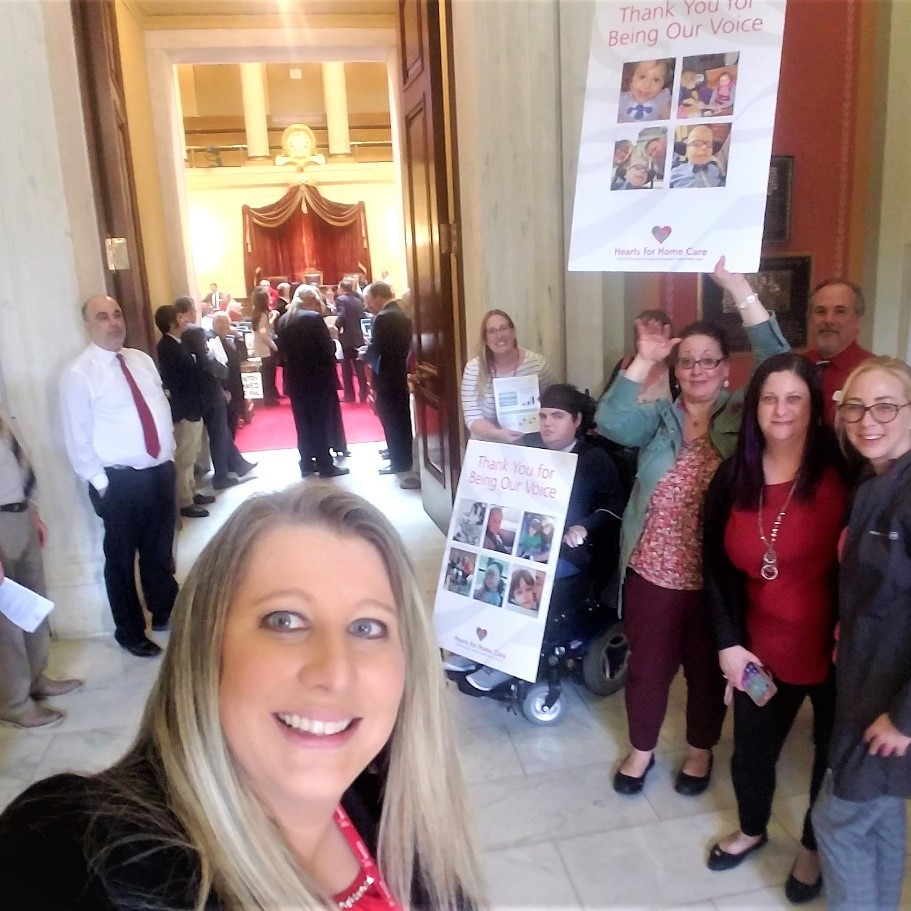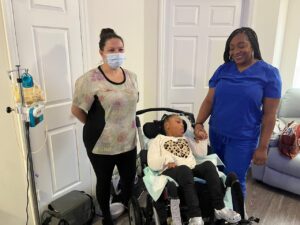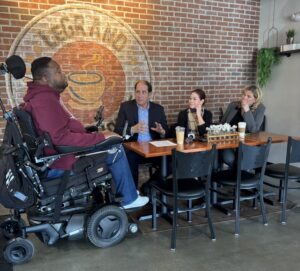
GAO is excited to announce its first legislative accomplishment in Rhode Island: A Medicaid rate increase for personal care and skilled care services! The 10 percent increase to CNA services and 20 percent increase to nursing services are effective as of July 1, 2018. The State of Rhode Island intends to implement these rates by October 2018 and payments to services will be made retroactive. This increase will allow for BAYADA’s Rhode Island service offices to recruit and retain more quality caregivers and care for more Rhode Islanders that want to remain independent and healthy at home with their families.
We couldn’t have done it without you. BAYADA staff, clients, and families were instrumental in this win. Advocates submitted nearly 25 testimonies to legislators, spoke at hearings, and participated in online action alerts. While BAYADA’s Government Affairs Office (GAO) and our state partners supplemented your messages media coverage and direct lobbying to ensure continued pressure on legislators and governor, the quick and efficient mobilization of our office staff, field staff, was our secret sauce! It was inspiring to watch our advocates take initiative and transform their passion into action.
In addition to this monumental increase, the legislation included a Cost of Living adjustment (COLa), which is unprecedented. A COLa ensures that the governor and legislature must include yearly increases for these home care services in each budget going forward. The COLa will be dictated by a national database, specific to health care costs.
But our work isn’t done yet. Rhode Island’s reimbursement rates remain approximately 20-30 percent less than Massachusetts’s rates. Without additional increases, we will continue to face challenges with recruiting, training, and retaining high quality caregivers because they can make a higher wage in other settings.
This legislative session, we are continuing to educate our elected officials about why it is imperative that the state support and invest in home care services to keep our medically fragile Rhode Islanders at home. GAO has scheduled meetings with legislators, coordinated home visits and roundtable discussions with elected officials and regulators, and have developed the tools and resources necessary for our in-office and client advocates to take action.
Thank you to all our advocates – the progress Rhode Island has made is a direct reflection of your engagement and your willingness to share your stories! To learn about how you can get involved in advocacy, email [email protected].







